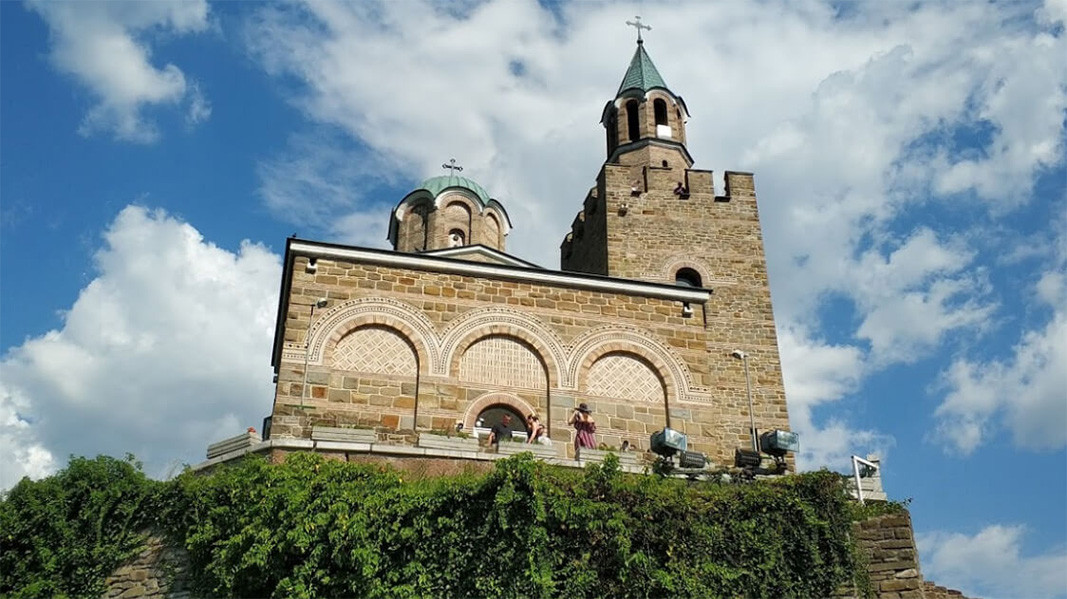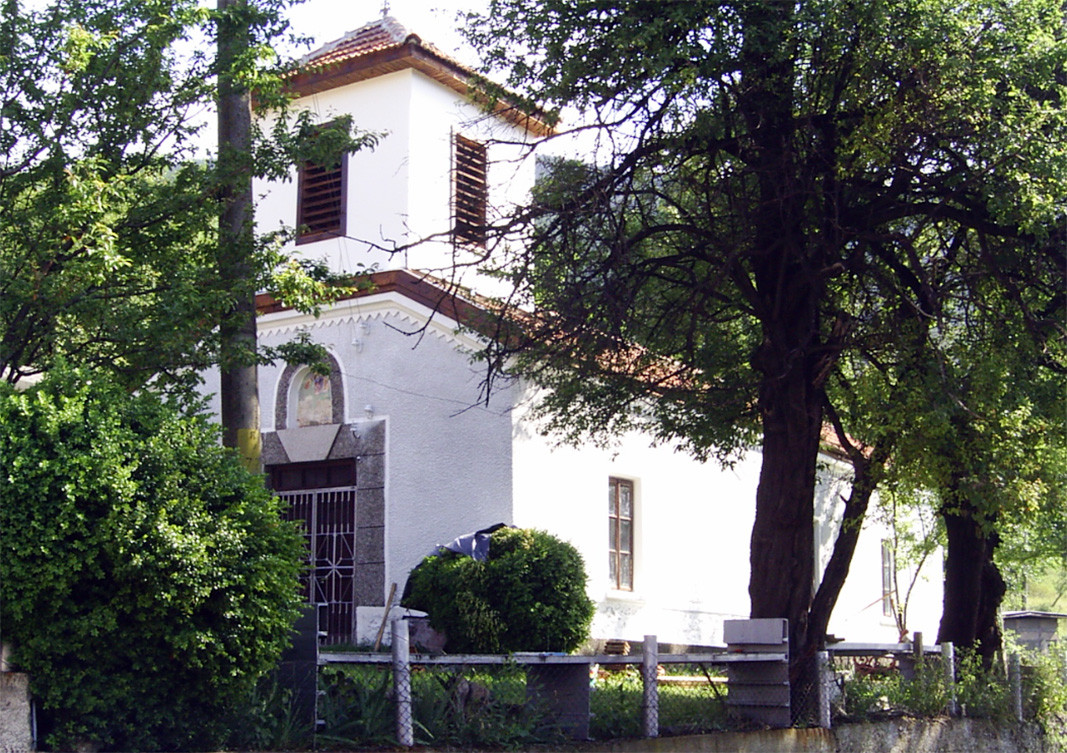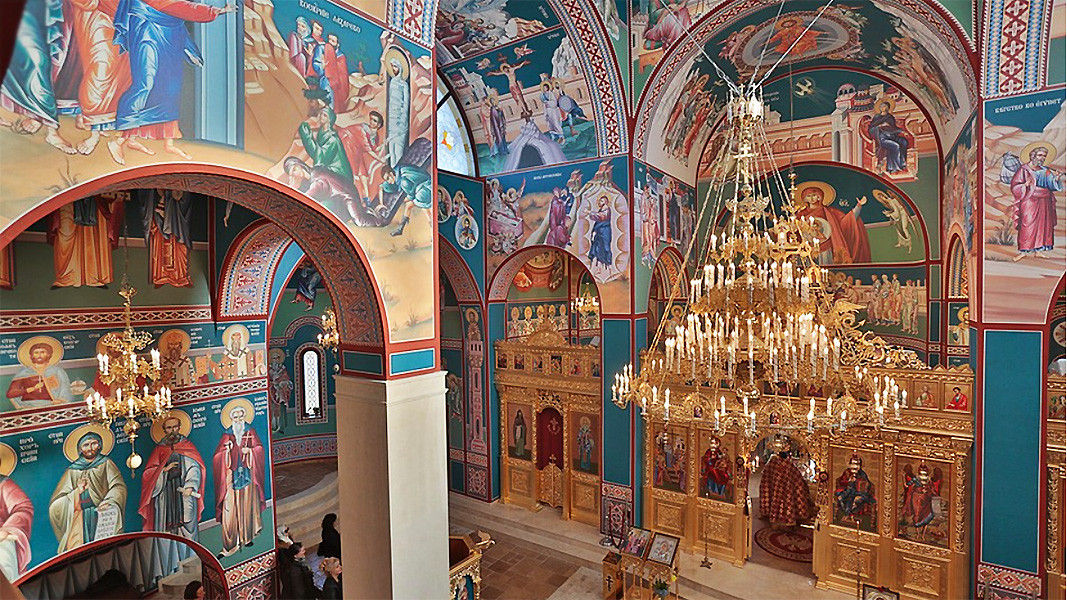On June 13, the Orthodox Church celebrates the Feast of the Ascension, when the resurrected Christ ascends into heaven. The great Christian holiday always falls on a Thursday, forty days after the Resurrection of Christ. This is also the last day when Orthodox Christians greet each other with "Christ is Risen!" During these 40 days, the Savior explained to His disciples the essence of the Kingdom of Heaven and the meaning of the Holy Scriptures. He also spoke to them about the descent of the Holy Spirit – the Third Person of God. At the end of His salvific mission, after talking again with the apostles and the Mother of God, Christ led them to the foot of the Mount of Olives, blessed them, and was taken up into heaven.
Early Christians honored the Ascension of Jesus Christ in a cave on the Mount of Olives, and when Christianity was proclaimed the official religion, the Church began to celebrate the holiday around the 4th-5th century.
Bulgarians call the movable feast Spasovden because the act of human salvation ends with Christ's ascension. According to folk beliefs, on this day the souls of the departed who celebrate the Resurrection of Christ return to the realm of the dead.
Many Orthodox churches in our country celebrate the Feast of the Ascension with great solemnity. Among them is the "St. Ascension of the Lord" Patriarchal Cathedral in Tsarevets.

For nearly two centuries, the cathedral was the seat of the Bulgarian Patriarch – the highest achievement in Bulgarian church history. The first Patriarch of the independent Bulgarian Patriarchate, which lasted until 1416, was Joachim of Tarnovo, and the last of the 15 Patriarchs was St. Euthymius of Tarnovo.
Christians pay respect to the relics of Saint Euthymius, Patriarch of Tarnovo
Liturgical procession marks feast of St. Euthymius of Tarnovo
The Feast of the Ascension is celebrated with special solemnity in the village of Bov, which today marks the 818th anniversary of its founding.


"Knead bread, bring it to the celebration and donate it for the future church ''Holy Trinity'', the organizers say, adding that all funds donated in the bidding for the family bread will be used for the construction of the future temple: "You will receive bread kneaded with love! If you come once, you will want to return again to this small village with an interesting history and legends", the organizers further say.
Lozenets residential district in Sofia also celebrates its feast day today with a solemn Holy Liturgy at the "Exaltation of the Holy Cross" church.

Photos: tsarevets.eu, bov.bg, facebook.com/Bov1206
Exactly a year ago, the Bulgarian Orthodox Church established a new holiday in the church calendar - the Glorification of the holy relics of Saint Euthymius, Patriarch of T a rnovo . According to church sources, the last..
They call Nikopol “the town of ages” because its history goes back thousands of years. It was founded as a settlement in the year 169 during the reign of Roman Emperor Marcus Aurelius. In 629, theByzantine Emperor renamed the town to Nicopolis, meaning..
There are rumours and speculations that some forgeries, so good that they are not inferior to the originals, could be found among the exhibits in the museums, but at the moment a whole series of forgeries can be seen at an exhibition..
There are three special days on the calendar of the Bulgarian Orthodox church, on which believers pray to God and give alms to honour the memory of..
Volunteers joined the efforts to clean and restore the monastery St. Spas near Bakadzhik peak. The campaign is being organized on 2 November by Stoimen..

+359 2 9336 661
